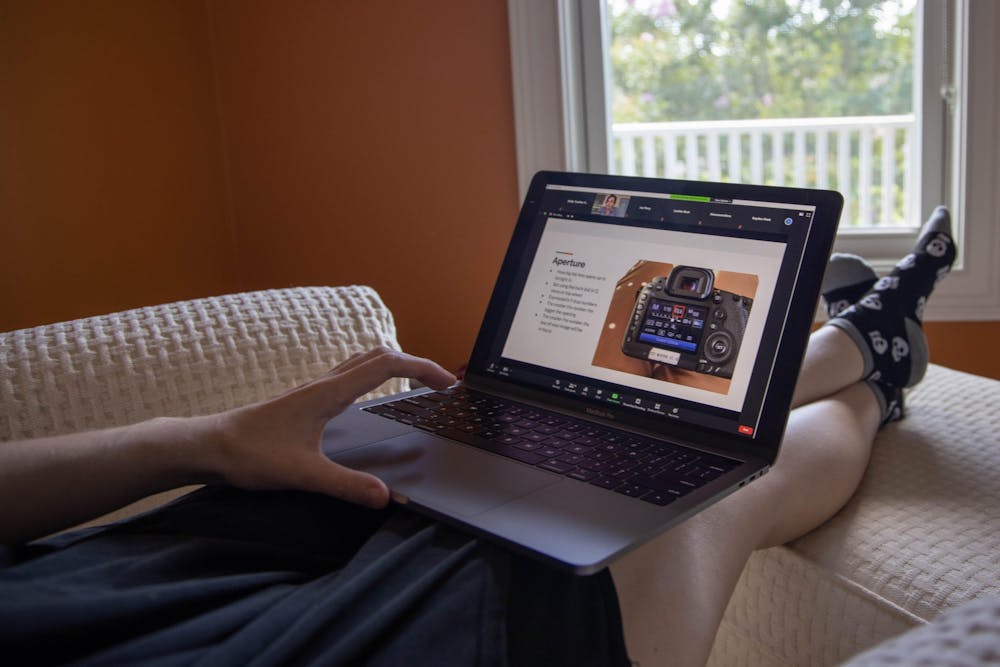As UNC prepares to welcome back nearly 20,000 undergraduate students to campus in less than three weeks, some incoming students will be joining the University as part of a new remote program.
According to the Carolina Together website, Carolina Away is a program for incoming first-years and transfer students and was made to facilitate the transition to the University for students who are not comfortable with or are unable to be on campus in the fall.
The program allows around 1,000 students to complete approximately 15 credits online this fall and “participate in small-group experiences,” away from campus. Carolina Together states that, although most students take 15 credit hours, Carolina Away will provide individualized support for students whose situations warrant more or less classes. Once students return to campus, they will continue to participate in discussions and activities with classmates in their Carolina Away cohort.
According to Carolina Together, Carolina Away is not available for students who are transferring as juniors and are admitted in the following programs: biomedical and health sciences engineering, clinical laboratory science, dental hygiene, health policy and management, radiologic science or nursing.
Rudi Colloredo-Mansfeld, the senior associate dean of Social Sciences and Global Programs, and academic director for Carolina Away, said that the program was created in part to help new students become a part of the UNC community.
“We are, on the one hand, really helping them to make progress toward their academic goals as they start out, and on the other hand we really want them to belong to this community, and we want to develop a digital experience that will support their belonging to the community,” Colloredo-Mansfeld said.
According to the Carolina Together website, students can participate in Carolina Away by logging into ConnectCarolina and indicating their plans for next semester via the Fall Plans survey. The University has asked students to make them aware of their plans no later than July 31. The decision is not binding, as students can freely change their status until the end of the month.
Tuition and fees for Carolina Away students are the same for students not in the program. Carolina Together states that students in the program are still eligible for financial aid.
“Carolina Away participants will not have any university charges for housing or dining, though your financial aid award will still have an allowance in your cost of attendance budget for housing and meals while at home,” Carolina Together states.




